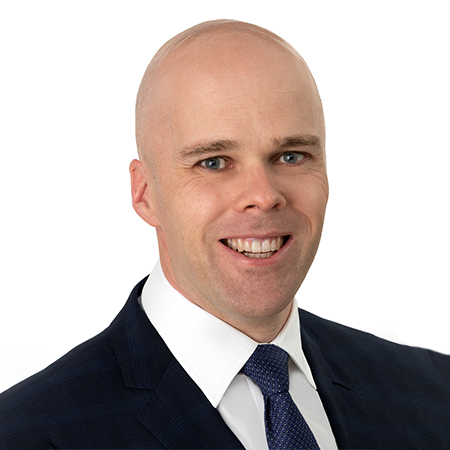In the recent case of Aly v Medical Board of Australia (Review and Regulation) [2022] VCAT 1096 (27 September 2022), the Victorian Civil and Administrative Tribunal (Tribunal) discussed a number of relevant factors for regulatory Boards to consider when determining whether to take immediate action against a health practitioner.
Facts
Dr Walid Aly, a consultant anaesthetist, was charged in February 2020 with one count of rape and one count of recklessly causing injury. Importantly, the alleged victim was not a patient of Dr Aly.
Dr Aly disclosed the charges to the Medical Board of Australia (Board). After considering the matter, the Board decided to take no action against his registration.
In March 2021, Dr Aly was committed to stand trial and pleaded not guilty. The trial is ordered for February 2023.
On 30 August 2021, the Board determined to take immediate action and suspended Dr Aly’s registration as a medical practitioner. It held that the action was in the public interest. Dr Aly sought review of the Board’s decision and a stay was granted by the Tribunal in October 2021.
Issue considered by the Tribunal
The question for the Tribunal was whether it reasonably believed that immediate action was in the public interest, and if so, whether suspension was the appropriate action to take.
Decision
The Tribunal held that immediate action against Dr Aly, including suspension, was not in the public interest. It set aside the Board’s decision and substituted it with a decision that no action be taken against Dr Aly. However, the Tribunal did note that if the outcome of the criminal proceedings is that Dr Aly is found guilty of the charges against him, what may be in the public interest is likely to change.
In addressing this issue, the Tribunal focussed on balancing the components of the public interest identified in relevant case law. Relevant considerations include (amongst other factors):
-
- maintaining public confidence in the provision of professional services by the health profession;
- proportionality of response; and
- the public interest in qualified and trained health professionals being able to practice.
In considering whether public confidence would be sufficiently impacted by learning that Dr Aly remained in practice after being committed to stand trial, the Tribunal considered the following circumstances (amongst others) weighed against that conclusion:
-
- The charges did not relate to any conduct towards a patient and there was no suggestion that Dr Aly presented a risk to his patients, or was otherwise a serious risk to public health and safety;
- The charges relate to whether or not sex occurred without the alleged victim’s consent in the context of a previously consensual sexual relationship; and whether Dr Aly recklessly caused the injuries alleged. The alleged offence occurred within a personal relationship and involved disputed facts about what occurred. The Tribunal noted that public confidence in the safe provision of medical services is more likely to be impacted by learning that a doctor is facing trial on a charge of allegedly raping a patient and remains in practice, than it would be to learn of charges relating to a non-patient;
- The charges are to be contested by Dr Aly, with intention and consent to be central issues at the jury trial;
- No action was thought necessary by the Board in respect of Dr Aly’s registration at the time he was charged, and he continued to practice without incident before and after being committed to stand trial;
- Dr Aly’s current practice is limited to providing anaesthetic services for dental procedures being conducted by other practitioners; and
- Dr Aly has no disciplinary history of similar conduct, no history of sexual misconduct or violence, and has no criminal record.
Other components of the public interest the Tribunal considered were:
-
- Maintenance of a regulatory system that responds in a fair and proportionate manner to unproven allegations;
- The public interest in immediate action being taken only when it is necessary to do so; and
- The public interest in members of a health profession with training and experience being able to practice although not at the expense of public safety.
Lessons
The Tribunal’s decision provides useful guidance for practitioners and insurers when determining the prospects of successfully reviewing immediate action taken by a Board, particularly in relation to ongoing criminal investigations. It assists in determining what should and should not be considered in the public interest – an often broad brush provision applied by Boards when sanctioning practitioners.
Addendum
Since the publishing of this article, Dr Aly has been found not guilty in the County Court of the charge of rape.
This article was written by Rob Muir, Partner and Fergus Healey, Law Graduate.

